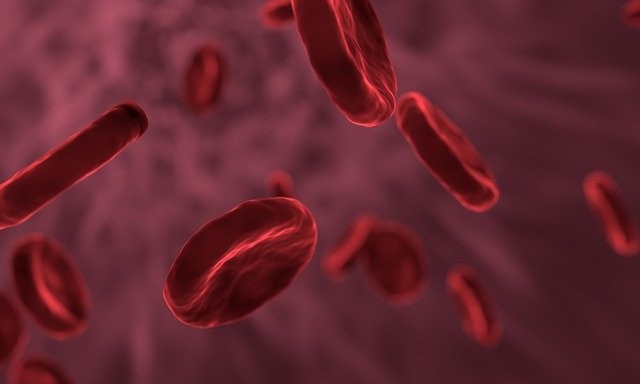
One of the most ambitious steps by doctors in the UK is to harvest the blood plasma of coronavirus survivors to help those lacking the anti-bodies to fight the COVID-19 disease. With increasing numbers of cases and death without an anti-vaccine to cure patients, doctors are resorting to using 'hyperimmune' people who survived their encounter with COVID-19.
The plan that can save thousands
Doctors in the UK are now planning to conduct a radical solution in curing coronavirus patient by harvesting the blood plasma of survivors. They will use the blood plasma of those who contracted COVID-19 and developed hyper immunity in their system after getting exposed to the coronavirus.
This gives hope to many that the application of this medical procedure can save more patients.
One of the main targets of the blood plasma is patients with pneumonia caused by the coronavirus. Experts hope that this cure will lessen the number of patients needing ventilators in the intensive care units (ICU) of hospitals.
This treatment will be given to those in close contact with COVID-19 patients, from NHS staff and family members, as soon as treatment is proven successful to others. Medical staff are putting their faith in blood plasma to stop the spread of the coronavirus and help lessen cases that are taxing the resources of the National Health Service (NHS).
Why is it relevant?
The majority of those who have recovered from COVID-19 are assumed to have a significant number of anti-bodies in their system. This blood plasma will be harvested to help other patients, since the blood plasma contains anti-bodies which are vital to defeat the virus.
Experts are now looking for the coronavirus survivors who beat this highly-communicable disease. They will be asked to donate blood for storage and treatment.
What will be given to recipients will be 'convalescent plasma' or blood plasma from coronavirus survivors. They will be part of a clinical trial with consideration for medical funding if proven effective.
An application to the National Institute for Health Research has been asked for two trials to run, Professor David Tappin, a senior research fellow at the University of Glasgow is the head of the study.
Professor Tappin added that "Start-up will need to be faster than is normal, with most other trials usually taking months or years to get approvals and to begin."
Objectives of the clinical trials
These trials will look for definitive proof that 'convalescent plasma' is able to reduce the chances of infections in caregivers. Hopefully, this can also be effective in stopping the patients from slipping until a ventilator is finally available in the ICUs.
Another reason is to heal to severely afflicted with COVID-19 and of course, lessen the alarming death toll.
Tappin added that these trials are crucial and will reveal if the proposed treatment does work. However, it will not be the best solution. While this might lessen the spread of the virus to health personnel and their families, it may not be as effective to patients who have severe complications.
Prof Robert Lechler, the president of the Academy of Medical Sciences and the organization commented that his group will do similar convalescent plasma trials too.
Next steps in finding COVID-19 survivors
The NHS Blood and Transplant are trying to find more donors, added their spokesman. Once the plasma is transferred, the patient will replicate the anti-bodies. There is a collective effort to make it happen. Collecting the blood plasma from coronavirus survivors is just the start, as the blood will then be checked and screened by medical experts.
© 2025 HNGN, All rights reserved. Do not reproduce without permission.








